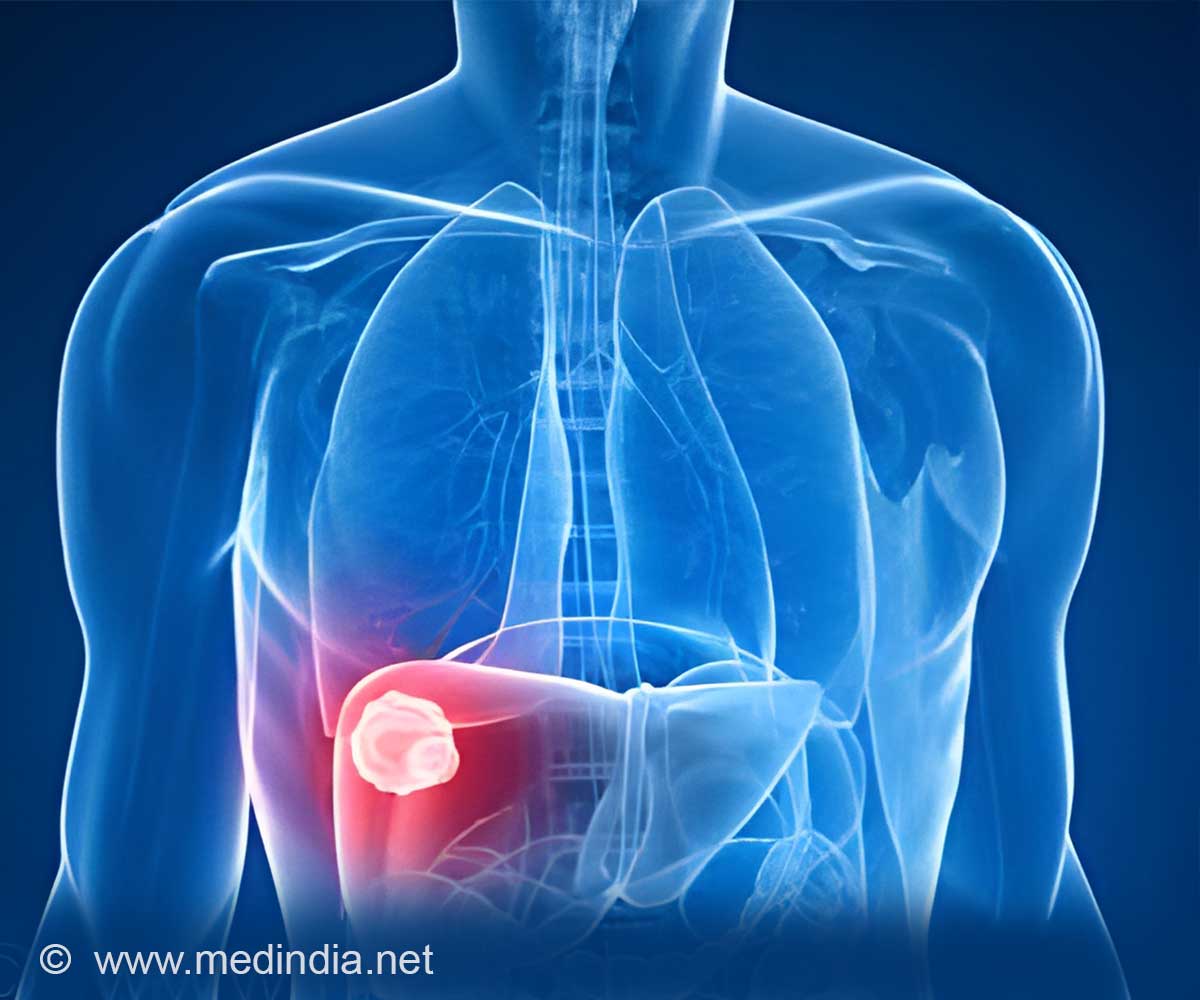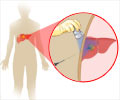A synthetic double-stranded RNA has potential for use as an anti-liver cancer vaccine, says study.

‘dsRNA polyinosinic-polycytidylic acid (pIC) prevented primary liver cancer from occurring in mouse models when it was injected into the body cavity during the pre-cancer stage.’





"The liver has unique immune tolerance, which is why existing treatments, including immunotherapy, have little to no lasting effects on liver cancer," said Gen-Sheng Feng, PhD, professor of pathology and molecular biology at UC San Diego and senior author on the paper. "We were initially performing gene deletion to investigate how different types of cells communicate in the liver to promote or suppress cancer development when we found that this synthetic double-stranded RNA prevented liver cancer from initiating by harnessing the body's own innate immune system." In the findings, published in Cell Reports, the team describes how dsRNA polyinosinic-polycytidylic acid (pIC) prevented primary liver cancer from occurring in mouse models when it was injected into the body cavity during the pre-cancer stage. Primary liver cancer is cancer that begins in the liver; metastatic liver cancer starts elsewhere in the body and spreads to the liver.
The study showed that the formation of tumors -- or tumorigenesis -- was suppressed by reprogramming macrophages (specialized immune cells that destroy targeted cells) and activation of natural killer cells and dendritic cells that kill tumor cells directly or boost adaptive immunity.
Mouse models with tumors induced either by chemical carcinogen or fatty liver diseases were injected with pIC at different stages. Tumor inhibition was successful in all models that received the dsRNA before tumor formation. The greatest decrease in tumor numbers and size was seen when pIC was administered at one month. At three months the impact was reduced but still significant. At five months, when tumors had already began to form, there was little inhibitory effect observed when comparing tumor numbers or sizes to control groups.
Future studies will look at dosages and timing of pIC as a vaccine, said Feng. In addition, the researchers will evaluate the use of pIC in combination with other agents to stop tumor growth when cancer has already initiated.
Advertisement
Liver cancer in adults is among the leading causes of cancer mortality in the world, with more than 780,000 new cases and 740,000 deaths each year. More than 40,000 new cases are diagnosed and 29,000 deaths are reported in the United States annually.
Advertisement
Source-Eurekalert















